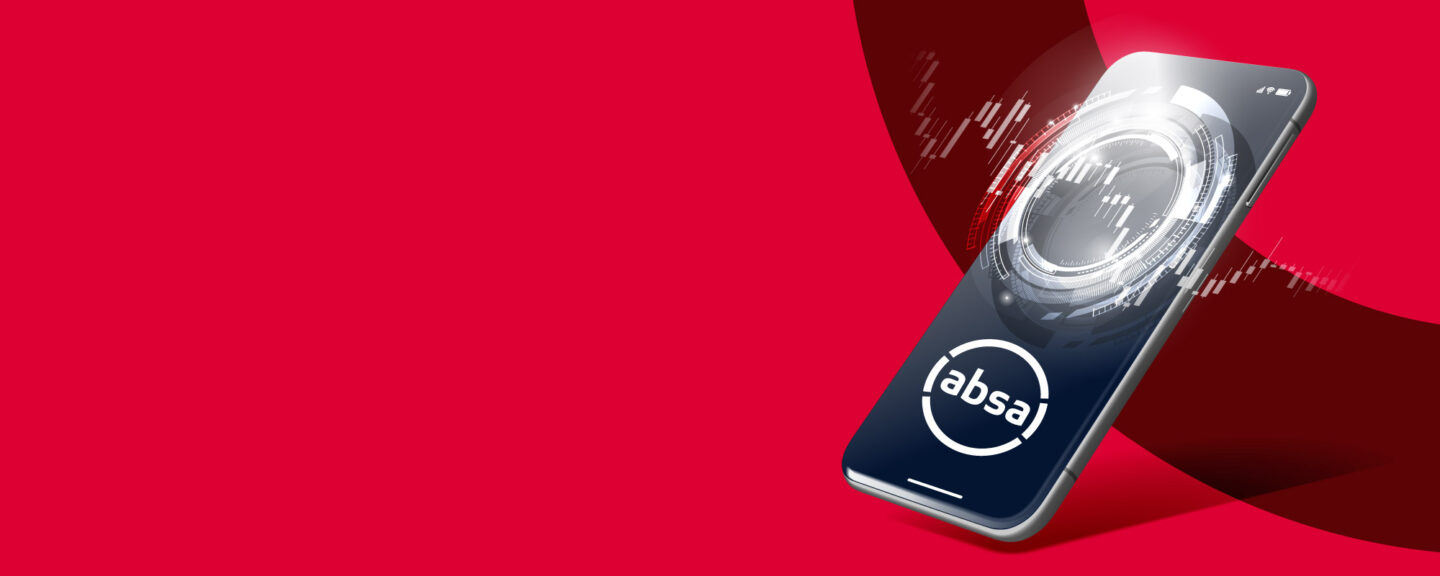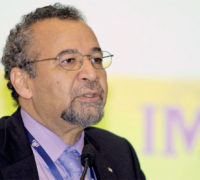The pillars of a successful learning experience
Ebbinghaus’s model is still a guiding principle in designing successful learning experiences for youths, managers, and executives. His research showed that learners’ memories and developmental capabilities are significantly enhanced when educational experiences – whether in classrooms or through other experiential learning formats – are structured as a learning journey.
The effectiveness of these learning journeys is further amplified when learners use the intervals between classroom sessions to engage in real projects or initiatives. This practical application enables learners to apply their acquired knowledge to solve business challenges, enhance process efficiency, and, in certain cases, generate new ideas, fostering a culture of intrapreneurship within the organization. Such learning experiences not only elevate individuals to the next level of personal development but also add value and drive transformation.
In 2019, Absa partnered with IMD to design four distinct learning journeys for the bank’s young talent, middle managers, and senior executives. Each journey would target their specific needs – as well as their personal and professional growth potential – while fostering dialogue and collaboration between the four cohorts. Between 2019 and 2023, the journeys lasted between 7-10 months and contributed to the development of around 500 managers and executives.
In line with IMD’s motto of Real Learning, Real Impact, the remit was to personalize the learning and integrate it tightly with practice. To address Absa’s demand for real-world engagement, it was also imperative that the programs revolved around hands-on project work and cast new light on the needs of Absa’s stakeholders. The participants, divided into teams, worked on more than 50 Absa enterprise projects to enhance the organization’s efficiency, implement breakthrough innovation, and create value for the community on the continent.
The following enterprise projects have brought innovation to various parts of the ecosystem: building a new value proposition for Absa employees, improving a client reward system, “Drive To Own” systems that help drivers manage cash and gradually own their rented cars, developing platforms for Africa Low-Cost Housing Solutions, the “Absa Waste Bank” to integrate waste collection workers into the banking system, and many others.
In Zambia, the “Smart Queue” concept has been successfully tested, both on the web and as a smartphone app, and has been expanded to improve customer service. It not only benefits clients but has significant revenue potential for Absa.






